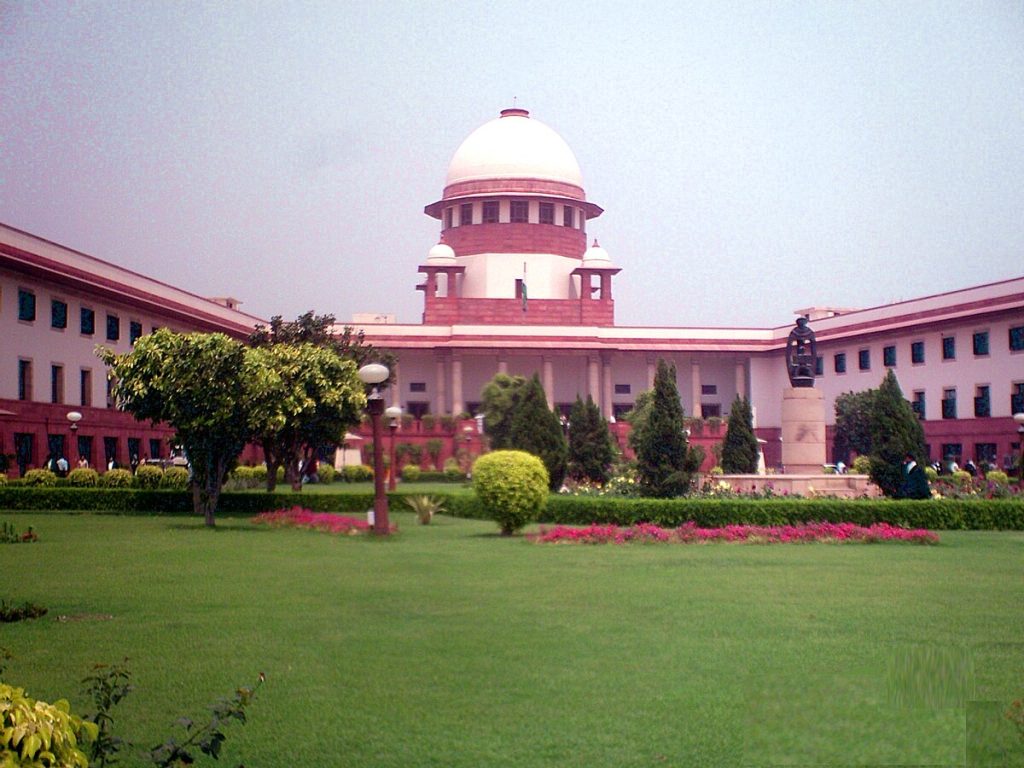![]()
No settlement or contract entered into by employee unions with their employers can override the Model Standing Order, unless doing so turns out to be more advantageous to the employees, observed the Supreme Court in the case of Bhartiya Kamgar Karmachari Mahasangh vs Jet Airways.
The workers’ union —representing around 169 workmen of Jet Airwyays, who were temporarily employed by the airline — argued that the workmen who were hired on contract were treated as temporary workers even though they had worked for 240 days. They had been hired on fixed-term contract as loader-cum-cleaners, drivers and operators but were not given permanency even after completing 240 days.
The High Court, which upheld the order of the Central Government Industrial Tribunal (CGIT), maintained that just because the workers had completed 240 days it did not make them eligible for permanency as per the Model Standing Order given the settlement and Clause 18 thereof. The workers’ demand for reinstatement and back wages was denied.
However, the Supreme Court ruled in favour of the union, saying that a worker who has put in 240 days of work in an organisation is entitled for a permanent role, and that no contract/settlement can override or ignore this right. The Act provides that any agreement/contract/settlement that waives off the rights of the employees cannot override the Standing Orders.
The Bombay Industrial Employment (Standing Orders) Rules, 1959 i.e., Bombay Model Standing Order, clearly states that workers who have served an establishment for 240 days are entitled to be made permanent. Therefore, in the case of Jet Airways, the airline could not have waived the provisions of the Bombay Model Standing Order to curtail the rights of the workmen.
How useful was this post?
- Share review with rating here: Google Review
We are providing practical training (Labor Laws, Payroll, Salary Structure, PF-ESI Challan) and Labor Codes, Payroll Consultant Service & more:
- HR Generalist Practical Training + Certificate
- Labor Law + Payroll Practical Training + Certificate
- HR Analytics Practical Training + Certificate
- Labor Code, 2020 (Crash Course) + Certificate
- Advance Excel Practical Training + Certificate
- Disciplinary Proceeding & Domestic Enquiry – Practical Training + Certificate
- PoSH Act, 2013 (Sexual Harassment Of Women At Workplace & Vishaka Guidelines) – Practical Training + Certificate
- Compensation & Benefits – Practical Training + Certificate
- Industrial Relations – Practical Training + Certificate
- Labour Code (2019 & 2020) With Latest Updates | Labour Bill (Labour-Law-Practical-Training)
- PF – ESI Consultant Service
- Labor Law Consultant | Compliance Management | HR & Payroll Outsourcing
Get Latest HR, IR, Labor Law Updates, Case Studies & Regular Updates: (Join us on Social Media)
- Telegram Channel: The One Clik
- Whatsapp Group: https://wa.me/919033016939
- Facebook: The One Clik
- Linkedin: The One Clik
- Instagram: oneclik_hr_management
- YouTube: The One Clik
Disclaimer: All the information on this website/blog/post is published in good faith, fair use & for general informational purposes only and is not intended to constitute legal advice.

